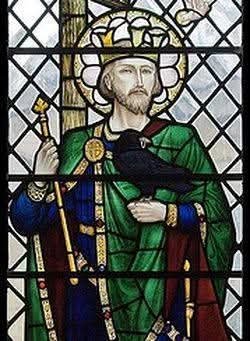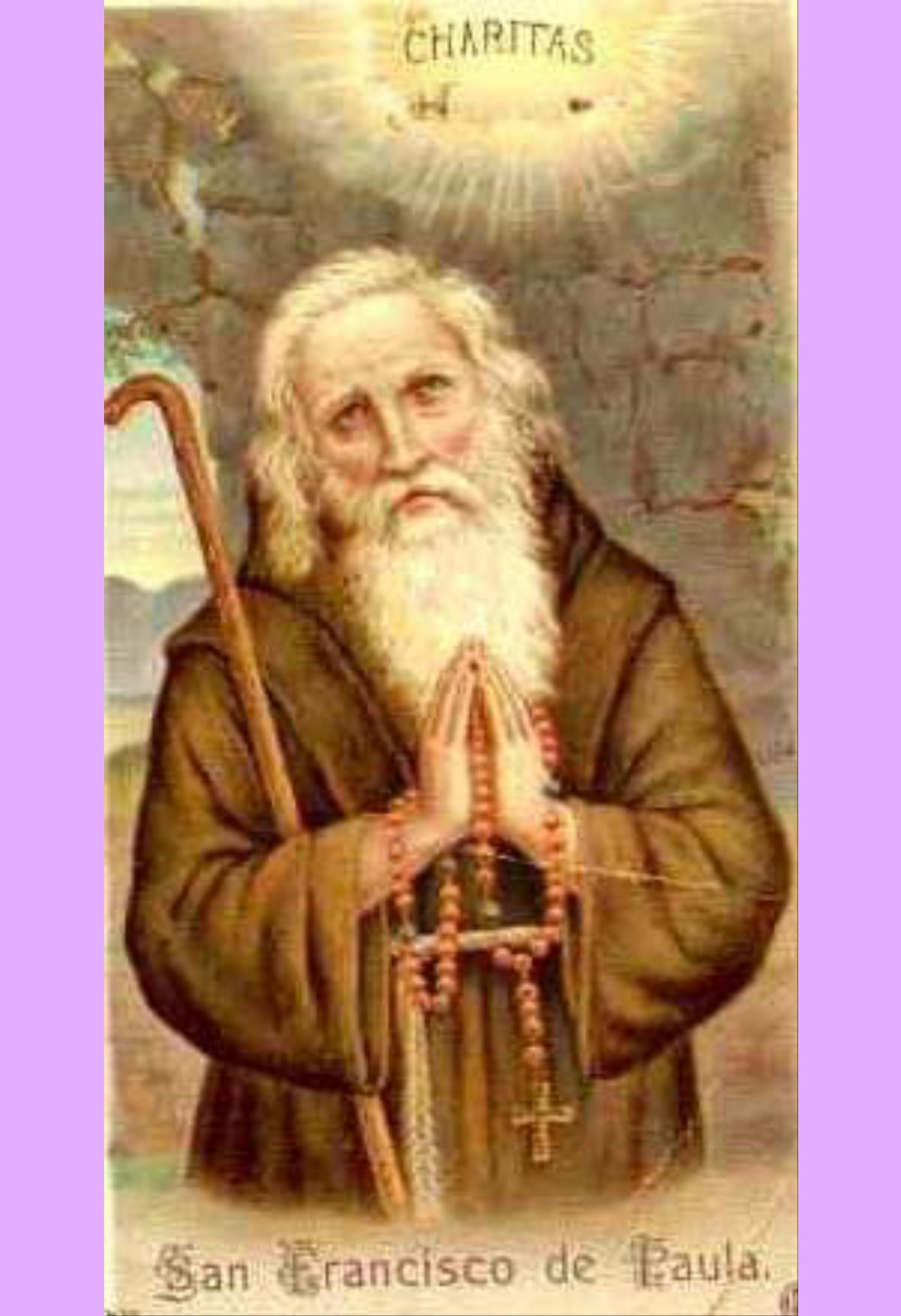
SAINT OSWALD OF WORCESTER
Oswald of Worcester (died 29 February 992) was Archbishop of York from 972 to his death in 992. He was of Danish ancestry, but brought up by his uncle, Oda, who sent him to France to the abbey of Fleury to become a monk. After a number of years at Fleury, Oswald returned to England at the request of his uncle, who died before Oswald returned.
With his uncle’s death, Oswald needed a patron and turned to another kinsman, Oskytel, who had recently become Archbishop of York. His activity for Oskytel attracted the notice of Archbishop Dunstan who had Oswald consecrated as Bishop of Worcester in 961. In 972, Oswald was promoted to the see of York, although he continued to hold Worcester also.
As bishop and archbishop, Oswald was a supporter and one of the leading promoters (together with Æthelwold) of Dunstan’s reforms of the church, including monastic reforms. Oswald founded a number of monasteries, including Ramsey Abbey, and reformed another seven, including Winchcombe in Gloucestershire and Pershore and Evesham in Worcestershire. Oswald also switched the cathedral chapter of Worcester from secular clergy to monks.

While archbishop, he brought the scholar Abbo of Fleury to teach, and he spent two years in England, mostly at Ramsey. Oswald died in 992, while washing the feet of the poor. A hagiographical life was written shortly after his death, and he was quickly hailed as a saint.
Oswald died on 29 February 992 in the act of washing the feet of the poor at Worcester, as was his daily custom during Lent, and was buried in the Church of St Mary at Worcester. He promoted the education of the clergy and persuaded scholars to come from Fleury and teach in England.
A Life of Oswald was written after his death, probably by Byrhtferth, a monk of Ramsey Abbey. Two manuscripts, a psalter (Harley MS 2904 in the British Library) and a pontifical (MS 100, part 2 from Sidney Sussex College of Cambridge University), probably belonged to Oswald and would have been used in his daily devotions.
Almost immediately after his death miracles were reported at his funeral and at his tomb. His remains were translated to a different burial spot in Worcester Cathedral ten years after his death.
His feast day is celebrated on 28 February or on 19 May in the Personal Ordinariate of the Chair of Saint Peter. On leap years, it is celebrated on 29th February.
St. Oswald is the patron saint of soldiers. He always took a cross into battle with him and prayed at the foot of the cross to ask God to protect him and his soldiers.

PRAYER
O glorious Oswald, ruler of faith and model of meekness, splendour of Worcester and luminary of York, like a tree in the midst of paradise didst you bear the fruit of the virtues for your Lord.
Enlighten all who cherish your honoured memory as we ever cry out to you in prayer. Intercede, O holy bishop, that our souls may be saved. Amen

Saint Oswald of Worcester, pray for us.






